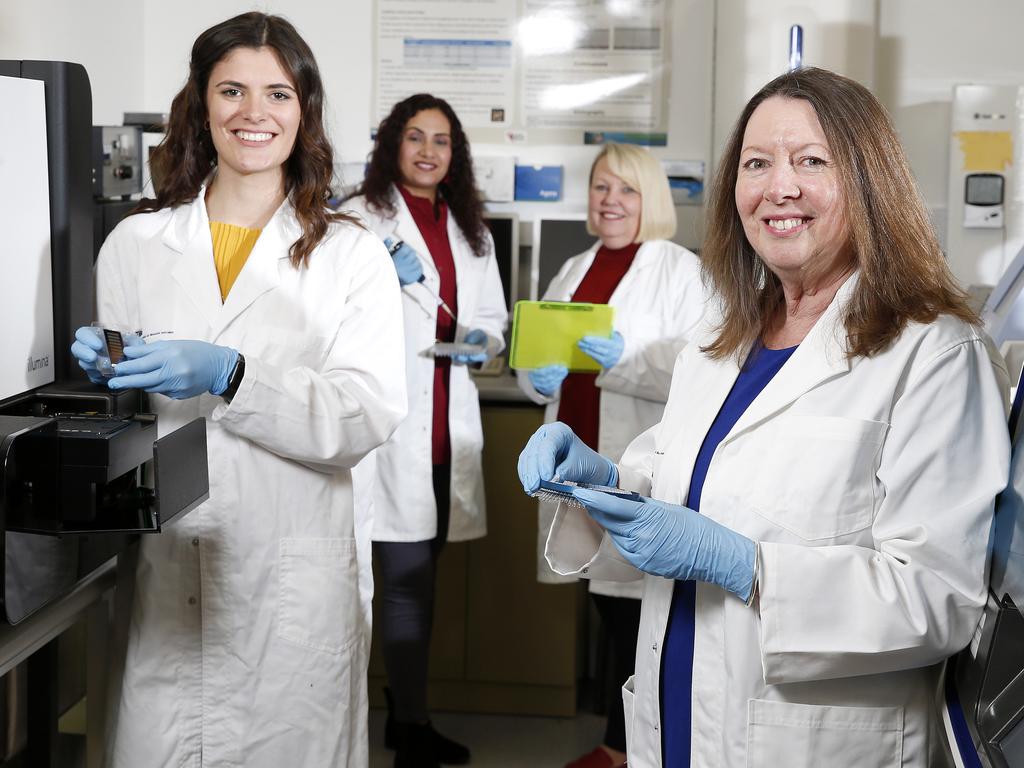QUT’s advanced DNA tech to help identify Australian soldiers’ remains
Cutting-edge science being developed in Queensland could help solve some of Australia’s most enduring military mysteries.
Cutting-edge science being developed in Queensland could help solve some of Australia’s most enduring military mysteries, in a project involving the bones of fallen Diggers and advanced DNA technology.
Tens of thousands of soldiers who died in overseas conflicts remain officially unknown, with the Army’s Unrecovered War Casualties team continuously undertaking arduous investigations to identify those that fought for Australia.
Now a group of Queensland University of Technology researchers are hoping to speed up the process through the use of next-generation DNA sequencing technology and old school forensic methods.
Currently scientists use the common nuclear DNA test, if the bones are not too damaged, and mitochondrial DNA and Y-chromosome testing to match genes on the maternal and paternal side respectively.
Scientists can also identify details like hair and eye colour based on looking at bone fragments.

The research by QUT, led by genomics expert Distinguished Professor Lyn Griffiths, will expand to take in genomic DNA using technology usually used to identify disease-carrying genes in order to gather more pieces of the Diggers’ genetic puzzle.
The three-year project has received $2.2 million in funding from the Federal Government’s Defence Innovation Hub.
A key arm of the project will be the creation of biobank of DNA profiles of relatives of fallen soldiers, to figure out who the Diggers are and notify their surviving family members.
Prof Griffiths said the team had been provided a list of 500 missing soldiers as a starting point.
A family tree will be drawn up from each and living relatives approached to provide a sample for the DNA biobank.
Defence Industry Minister Melissa Price said the investment in QUT, funded through the Defence Innovation Hub, would be invaluable in identifying the remains of Australian soldiers
“Our soldiers deserve to be identified and finally laid to rest by their family and loved ones,” she said.
Recent success by the UWC and not-for-profit group Fallen Diggers Incorporated resulted in the family of Tasmanian Private Leslie Styles learning of his final resting place — 103 years after he was killed in action during the Battle of Amiens.
A member of the 40th Battalion, Australian Imperial Force, Private Styles enlisted on March 4, 1916, and was killed in action on August 12, 1918, after he and three other soldiers successfully took two German machine gun posts.



